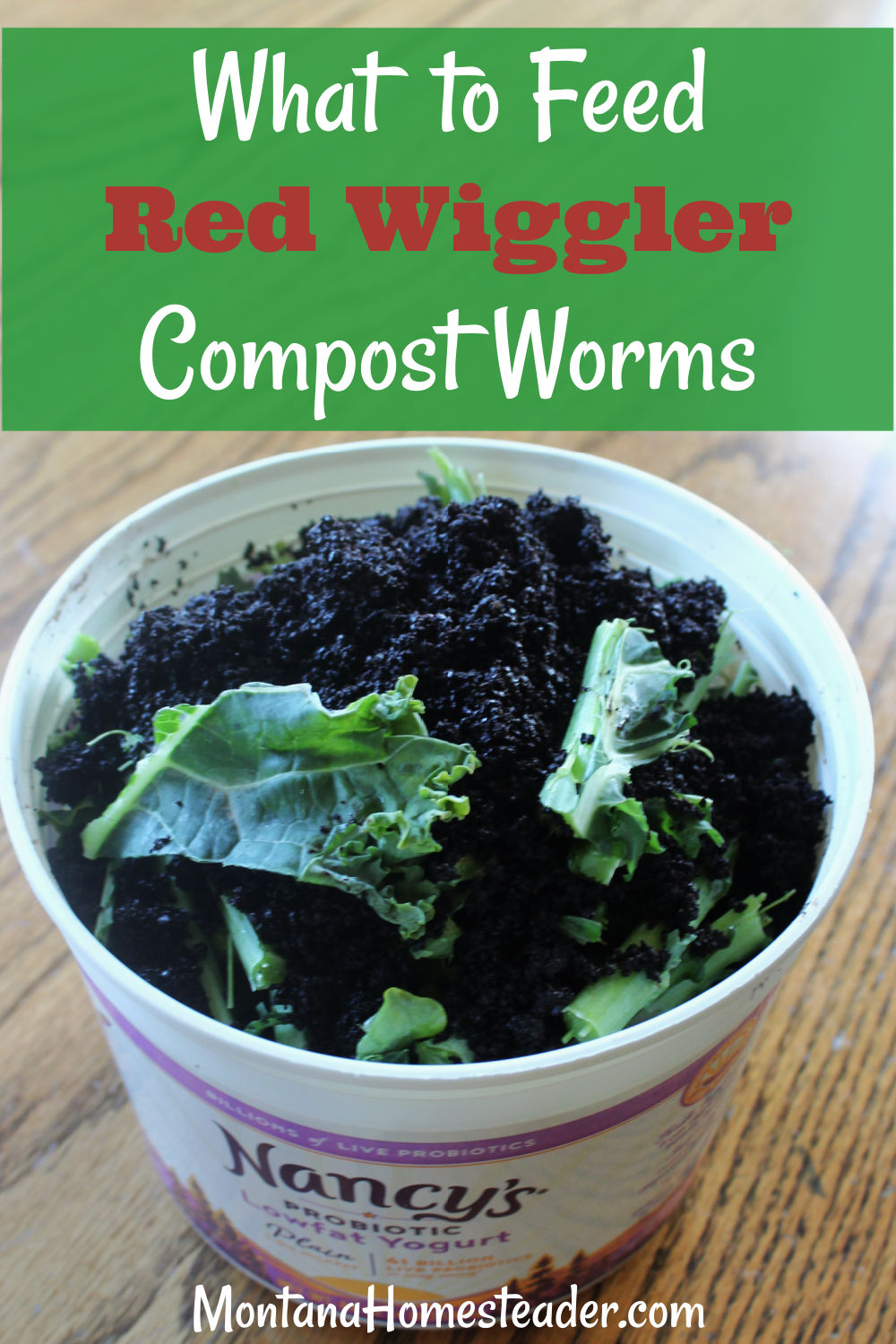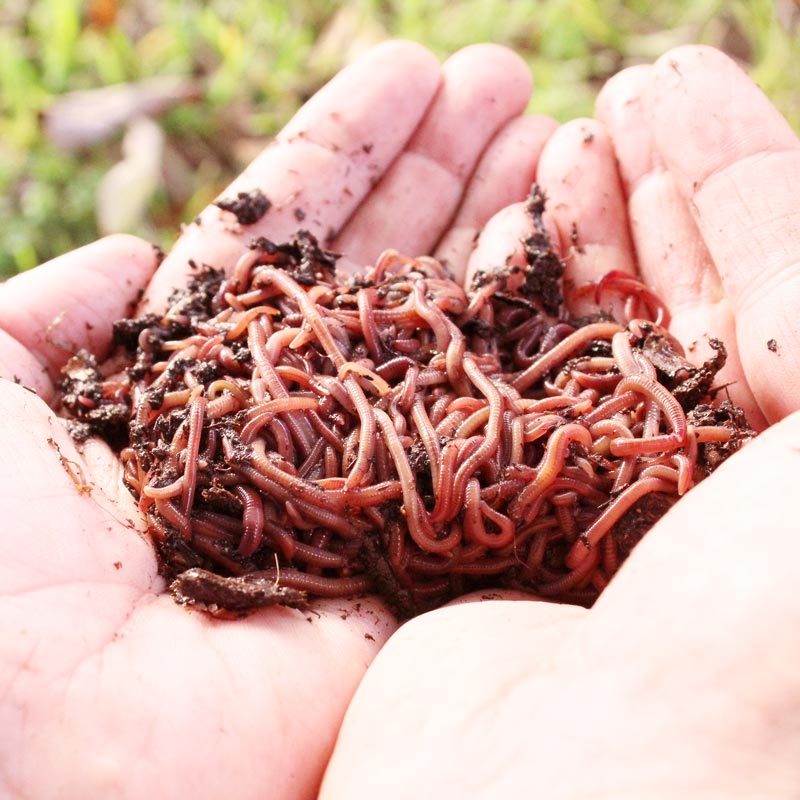Red Wigglers 101: Whatever You Need to Know for Thriving Gardens
Red wigglers, or Eisenia fetida, play a vital duty in lasting horticulture techniques, functioning as reliable decomposers that convert natural waste into valuable vermicompost. Recognizing their habitat, dietary choices, and the myriad advantages they provide can change your gardening approach (Red Wiggler Express). As these worms grow in certain conditions, their treatment and monitoring are important for maximizing their payments to dirt health and wellness. The question remains: what actions can you require to harness the full possibility of these impressive microorganisms in your very own garden?
Understanding Red Wigglers

Red wigglers prosper in atmospheres abundant in natural material and wetness. Red Wiggler Express. They possess a special digestion system that enables them to process food scraps rapidly, secreting castings that are packed with vital nutrients such as nitrogen, phosphorus, and potassium. These castings improve soil framework, boost water retention, and foster valuable microbial task, all of which contribute to robust plant health
Furthermore, red wigglers can survive in varied problems, making them versatile to different gardening techniques, consisting of interior and outdoor composting systems. Their ability to eat huge amounts of natural waste everyday settings them as valuable allies for both home gardeners and business cultivators. By incorporating red wigglers right into horticulture efforts, one can dramatically enhance dirt fertility and assistance lasting gardening techniques.
Suitable Habitat for Red Wigglers
Producing an optimal setting for red wigglers is crucial for maximizing their composting capacities and overall wellness. Red wigglers flourish in moist, dark, and well-aerated environments, which very closely resemble their native environments in ground cover and rotting raw material. An appropriate habitat must offer a temperature level variety in between 55 ° F and 77 ° F(13 ° C to 25 ° C), as extreme temperatures can emphasize or hurt the worms.
The bed linens material, such as shredded paper, cardboard, or coconut coir, need to be kept moist but not excessively damp, as excessive wetness can bring about anaerobic conditions destructive to worm health and wellness. In addition, a pH level between 6.0 and 7.5 is ideal, ensuring a well balanced setting.
Proper aeration is similarly vital; it enables oxygen flow and protects against the buildup of unsafe gases. A container or bin designed for vermicomposting must have water drainage openings to get rid of excess dampness and advertise air movement. Routine surveillance of these conditions is essential for preserving a thriving red wiggler populace, eventually enhancing their performance in damaging down organic waste and enriching yard dirt.
Dietary Needs and Preferences

Red wigglers show specific preferences; they are especially keen on softer, decomposing products over more challenging or more fibrous compounds. It is essential to avoid feeding them citrus peels, onion, and garlic in large amounts, as these can be unsafe. Furthermore, meat, milk, and oily foods must be left out, as they can bring in insects and develop undesirable smells.
(Hickory NC Worms For Sale)To preserve optimum wellness, a balanced mix of green and brownish products is recommended. Eco-friendly products, such as veggie scraps, give nitrogen, while brown products, like cardboard and dried leaves, supply carbon. Monitoring the moisture web content and ensuring a constant food supply will better improve their development and composting abilities. By catering to their nutritional demands, gardeners can promote a thriving populace of red wigglers in their compost systems.
Benefits of Utilizing Red Wigglers
The impressive benefits of using red wigglers in gardening expand far past their duty in composting. These flexible microorganisms add considerably to dirt health, improving vitamins and mineral accessibility and advertising microbial task. By aerating the soil as they burrow, red wigglers boost water drainage and root penetration, creating an ideal environment for plant growth.
In addition, red wigglers are effective recyclers of natural waste, converting it into nutrient-rich castings that act as an excellent all-natural plant food. These castings have advantageous microorganisms and Recommended Site necessary nutrients, such as nitrogen, phosphorus, and potassium, which are important for plant growth. The sluggish release of nutrients from worm spreadings guarantees a steady supply, lessening the risk of nutrient leaching and promoting sustainable gardening practices.
Furthermore, the visibility of red wigglers can help suppress soil-borne plant illness. Their digestive system processes create substances that prevent damaging microorganisms, thereby improving plant wellness. Using red wigglers fosters a much more lasting horticulture strategy by reducing reliance on chemical fertilizers and promoting a closed-loop system, where waste is transformed into useful sources. On the whole, incorporating red wigglers into horticulture methods uses a multitude of ecological and agricultural advantages.
(Lake Hickory Bait)
Composting With Red Wigglers

To initiate an effective vermicomposting system, choose an appropriate container with correct air flow and drain. The perfect environment for red wigglers consists of a moist, dark setup with temperatures in between 55 ° F and 77 ° F. Begin by layering shredded paper, cardboard, and food scraps, making sure a balanced mix of carbon and nitrogen-rich products.
Red wigglers prosper on veggie peels, fruit scraps, coffee grounds, and eggshells, while preventing meat, milk, and oily foods that can attract bugs. Frequently monitor wetness degrees; the bed linen needs to be moist yet not soggy. Harvest worm castings every few months by dividing the worms from the garden compost, which can after that be used directly in gardens or saved for later usage.
Implementing vermicomposting not only minimizes land fill waste yet also enhances yard dirt, advertising healthy and balanced plant development and lasting gardening practices. Accept this green approach to enhance your gardening ventures.
Verdict
In recap, red wigglers are important microorganisms for enhancing yard performance through effective composting. Their specific environment needs, nutritional choices, and significant advantages add to lasting gardening methods. By utilizing red wigglers, gardeners can substantially enhance soil high quality and nutrient accessibility, promoting healthier plant growth. Embracing the practice of vermicomposting not just sustains waste reduction however likewise promotes an ecological balance within yard ecosystems, ultimately resulting in growing and resilient yards.